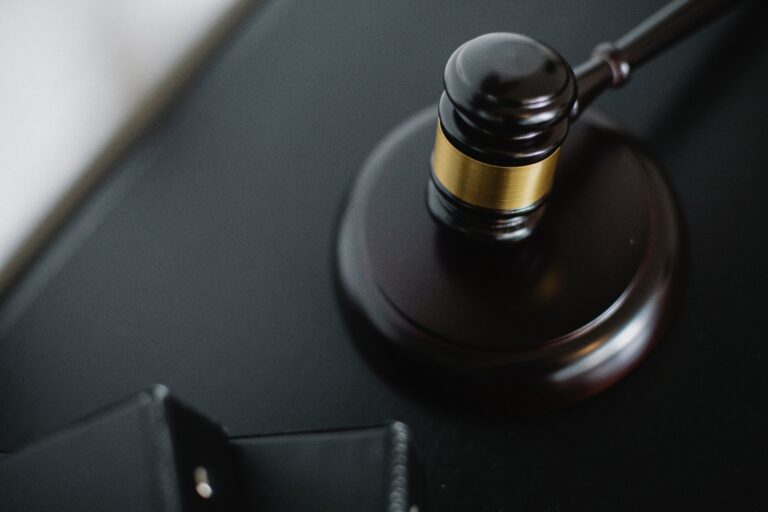
Cryptocurrency and Estate Planning: What Executors Need to Know
Millennials are not the only ones investing in cryptocurrency. In a recent article titled “Help! My dad is investing in cryptocurrency” from Monterey Herald, a woman is worried about her elderly father investing in this new type of money. She is concerned for both his financial well-being and for what she may have to address when it is time to distribute his estate to her siblings.
Crypto, or cryptocurrency, is more than a passing fad. It has become an alternative purchasing and investment tool, with more than 8,000 different types of crypto available, representing billions in assets. You can use crypto to buy a Tesla automobile, an airplane or real estate. Regulations have recently been issued to permit banks to take custody of digital currency. One credit card company is even developing a card to allow consumers to spend digital cash using a credit or debit card.
Perhaps the ultimate recognition of this new currency comes from the IRS, which now requires owners to report income and capital gains earned on the sale of crypto and assess taxes on it, the same as other traditional types of investments.
As the executor of her father’s will, the woman mentioned above will be responsible for distributing her father’s entire estate, including the cryptocurrency. As a fiduciary, she will have to learn what it is and how to manage it.
When people buy crypto, they receive a digital key. This is usually a string of numbers, symbols and letters representing the asset on a secure ledger. The key cannot be replaced, and if it is lost, so are the crypto holdings. There are many different ways to store this key, so the daughter needs to know where the key is stored and how to access it.
The best way forward would be for the daughter to spend time with her father learning about cryptocurrency, what types he owns and how they are secured. Their conversation should also address his wishes for the investment. Does he want his grandchildren to receive it as crypto, or would he prefer to liquidate it before he dies and place it in a trust? Does he want her to liquidate it after he dies, and have it become part of his estate?
When it is time to settle the estate, if the crypto has not been liquidated into cash, she will need to value the assets at his date of death, like any other investment and may either sell the currency or distribute it to his beneficiaries. If the estate is valued at more than $12.06 million, federal estate taxes will need to be paid on all assets, including the cryptocurrency. There may also be state estate taxes due.
She should also speak with an estate planning attorney about cryptocurrency, and also read his will to learn if the cryptocurrency is included. If he does not have a will or an estate plan, now is the time to make an appointment with an estate planning attorney and get that in order.
Being an executor used to require learning about possessions like art or jewelry collections or fine rugs. Today, the executor needs to add a cryptocurrency education to their task list.
Reference: Monterey Herald (Feb. 19, 2022) “Help! My dad is investing in cryptocurrency”









